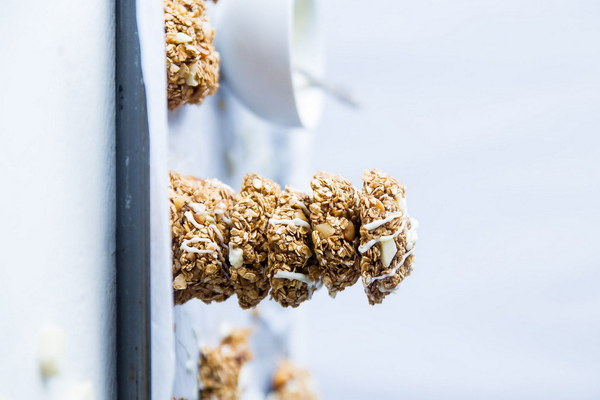Revitalize Your Health with the Natural Power of Moisture-Wicking Mugwort Oil
Are you tired of dealing with dampness and humidity in your life? Do you want to find a natural solution to boost your health and well-being? Look no further! Introducing the moisture-wicking mugwort oil, a powerful herbal extract that can help you achieve a balanced and revitalized life.
Mugwort oil, derived from the mugwort plant, has been used for centuries in traditional medicine for its numerous health benefits. Its primary active ingredient, artemisinin, has been found to possess potent anti-inflammatory, antimicrobial, and antifungal properties. This makes mugwort oil an excellent choice for those looking to alleviate dampness and humidity-related issues.
In this article, we will explore the benefits of mugwort oil and how it can help you overcome moisture-related health problems. We will also provide you with tips on how to incorporate mugwort oil into your daily routine for the best results.
1. What is mugwort oil?
Mugwort oil is a concentrated herbal extract obtained from the mugwort plant (Artemisia vulgaris). This plant is native to Europe, Asia, and North America and has been used for its medicinal properties for thousands of years. The oil is typically extracted through steam distillation of the mugwort leaves, resulting in a golden-yellow oil with a strong, earthy scent.
2. Benefits of mugwort oil
a. Antimicrobial properties
Mugwort oil is a natural antimicrobial agent, which means it can help eliminate harmful microorganisms such as bacteria, viruses, and fungi. This makes it an excellent choice for treating skin infections, such as eczema, psoriasis, and athlete's foot. By applying mugwort oil topically, you can reduce inflammation and promote healing in these areas.
b. Antifungal properties

Mugwort oil is also known for its antifungal properties, making it an effective treatment for fungal infections, such as ringworm and candidiasis. Its potent antifungal activity can help you eliminate these unwanted guests and prevent them from coming back.
c. Anti-inflammatory properties
The anti-inflammatory properties of mugwort oil can help reduce swelling and pain in affected areas. This makes it a great option for arthritis, muscle pain, and other inflammatory conditions. By incorporating mugwort oil into your daily routine, you can achieve relief from these discomforts and improve your overall quality of life.
d. Moisture-wicking properties
Mugwort oil is known for its ability to wick away moisture from the skin, making it an excellent choice for those dealing with dampness and humidity. By applying mugwort oil topically, you can create a protective barrier that prevents moisture from seeping into your skin, leaving you feeling dry and comfortable.
3. How to use mugwort oil
a. Topical application
For topical use, dilute mugwort oil with a carrier oil, such as coconut oil or jojoba oil, in a 1:10 ratio. Apply the mixture to the affected area and massage gently for a few minutes. Reapply as needed to maintain relief from dampness and humidity.
b. Aromatherapy
Inhale mugwort oil directly from the bottle or use a diffuser to disperse its therapeutic scent throughout your living space. This can help create a calming and soothing atmosphere, while also promoting relaxation and stress relief.
c. Internal use
It is important to consult with a healthcare professional before using mugwort oil internally, as it can be potent and may interact with certain medications. If recommended, take mugwort oil in a capsule form as directed by your healthcare provider.
4. Conclusion
The natural power of moisture-wicking mugwort oil can help you overcome dampness and humidity-related health issues. By incorporating this powerful herbal extract into your daily routine, you can experience relief from inflammation, infection, and discomfort. So, why not give mugwort oil a try and revitalize your health today?









